A new open access special issue on people-centred justice has been published by the Canadian Journal of Law and Society. The issue covers almost a dozen topics including:
- People-Centred Justice: Reimagining Law, Institutions and Process by Andrew Pilliar and Michelle Lawrence
- People-Centered Justice in International Assistance: Rule-of-Law Path Dependencies or New Paths to Justice for All? by Adrian Di Giovanni and Maaike De Langen
- Person-Centred Justice and Dispute Resolution: The Potential of Lay Courts by Jérémy Boulanger-Bonnelly
- Towards People-Centered Justice: The Conflict Resolution Routes of People Facing Legal Problems by Megan Capp and Yvon Dandurand
- Using Social Media as a Tool to Inform Person-Centred Justice by Matthew Dylag
- Court Form Accessibility: Adopting, Designing and Evaluating Online Guided Pathways by Amy Salyzyn, Jacquelyn Burkell, Esti Azizi and David Westcott
- Welfarism and People-Centred Justice by Noel Semple
The special issue is available online here: https://www.cambridge.org/core/journals/canadian-journal-of-law-and-society-la-revue-canadienne-droit-et-societe/issue/1A0FBAF126BB8296AC0466ACA65CB67C.










